Solar
Erika and Achim Ginsberg-Klemmt
Solar
Jonathan Lwowski
Solar
Dr. Eric Schneller
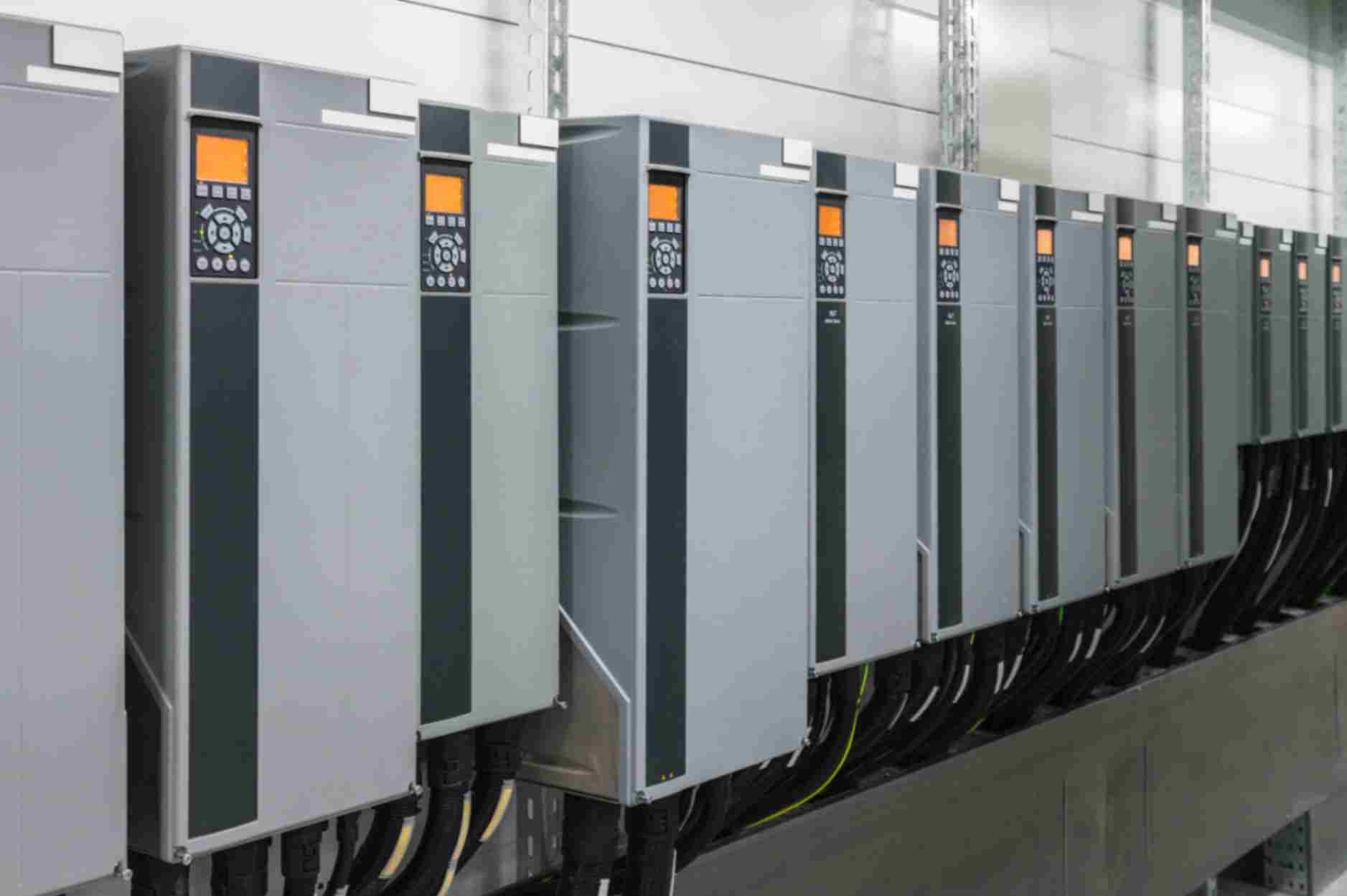
Prologis Mobility, a global electric vehicle (EV) charging infrastructure provider, is reshaping how fleet operators access heavy-duty charging. Its new prefabricated platform dramatically shortens installation timelines and supports both temporary and permanent deployment—even ahead of grid interconnection. Prologis Mobility’s prefabricated solution integrates dispensers, power cabinets and smart technology into a single skid-based unit, offering flexibility, speed and scalability for fleet electrification. A turnkey solution, it’s designed to accelerate the deployment of high-capacity charging in markets where infrastructure often lags vehicle availability.
.jpg)
The company will deploy the platform at its Vernon, California public charging hub, which is scheduled to open in Summer 2025.
Why It Matters:
As utilities face challenges meeting increasing electricity demands, Prologis Mobility is launching a modular platform designed for quick deployment. The platform provides a stopgap solution for companies and municipalities looking to accelerate installation when local power connection is delayed.
This builds on Prologis Mobility’s track record of innovation, including the Denker project in Torrance, Calif., one of the nation’s largest heavy-duty charging installations, powered by a microgrid in Southern California. It supports the company’s goal to deliver high-capacity EV charging solutions at scale nationwide.
One of the First Deployments: Vernon Public Charging Hub
Prologis Mobility | https://www.prologis.com/essentials-solutions/mobility
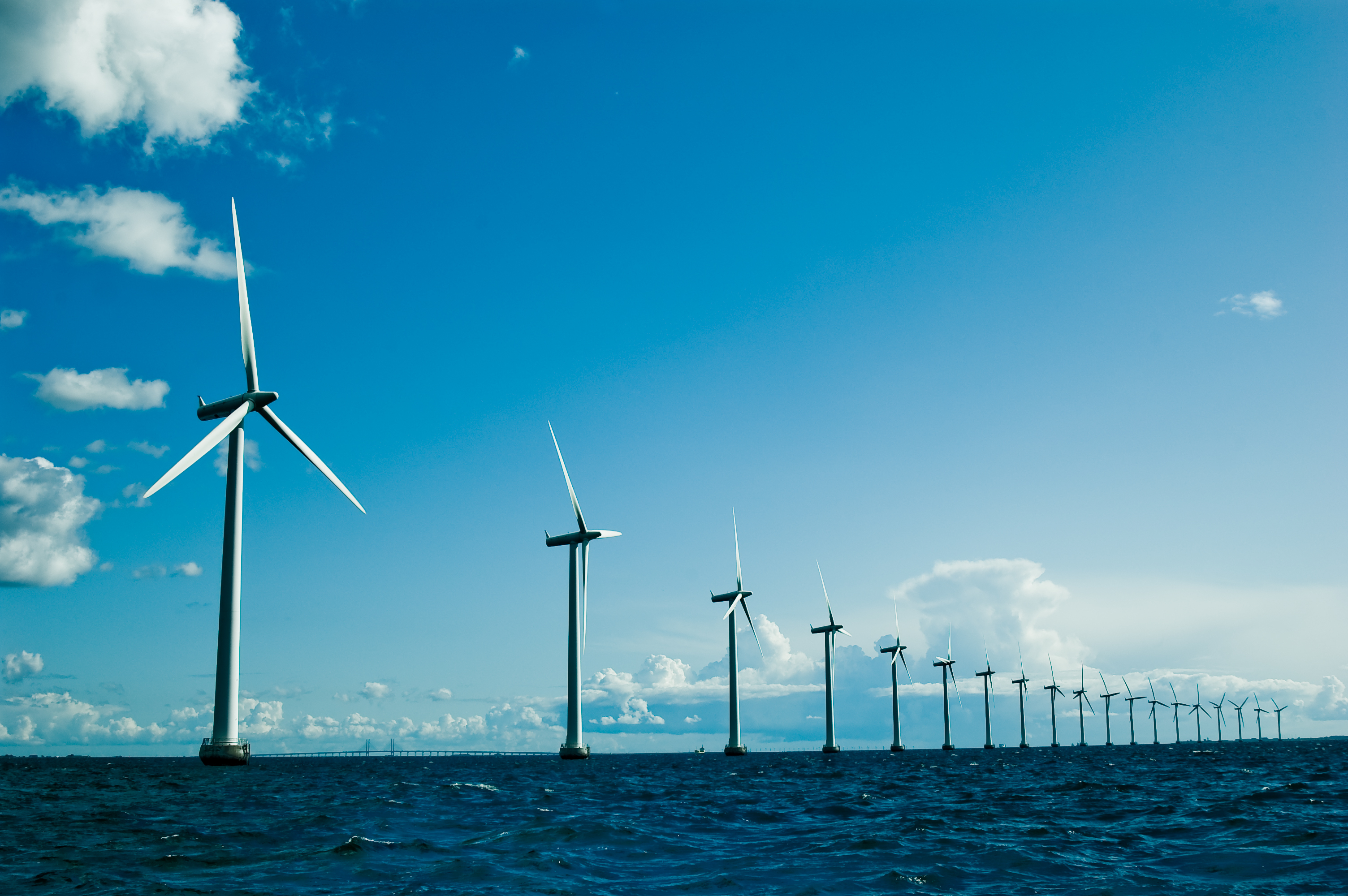
The global offshore wind industry will convene in Virginia Beach for the International Partnering Forum (IPF), the largest offshore renewable energy conference in the Americas. Hosted by Oceantic Network April 28 – May 1 at the Virginia Beach Convention Center, IPF gathers key decisionmakers, government officials, and supply chain leaders to deliver market intelligence and the most pertinent programming across the offshore wind and ocean renewables sectors in the U.S.
IPF Week will kick off Monday, April 28, with two tours showcasing Virginia’s local offshore wind supply chain and how the region is already supporting the largest offshore wind project in the nation currently under construction. Also on Monday, a U.S. Offshore Wind Market Update will give attendees a detailed overview of the market and feature a series of speakers and panels providing the latest critical news and regional insights. At the same time, IPF Host Sponsor LS GreenLink USA will break ground on its $700 million submarine power cable manufacturing facility in nearby Chesapeake, Virginia.
The Opening Plenary will take place Tuesday, where Oceantic Network CEO Liz Burdock, The Honorable Tim Houston, Premier of Nova Scotia, leaders from Dominion Energy, RWE, and LS Cable & System, and other key figures will speak on the state of the industry and how collectively we continue to “Power ON” despite regulatory uncertainty and political headwinds. Workshops will begin after the plenary, and the day will conclude with Oceantic Network’s Ventus Gala, happening at IPF for the first time.
“2025 IPF arrives at a crucial moment for offshore wind,” Burdock said. “With unprecedented attacks on the industry and an unpredictable regulatory environment, this year’s conference programming is packed with content designed to help companies adapt. Whether you’re expanding your role in offshore wind or exploring opportunities in the marine renewables space, IPF offers the insights, tools, and connections to navigate the year ahead.”
On Thursday, IPF will host the U.S. Offshore Wind Workforce Summit, a gathering of workforce development leaders, industry experts, government officials, and others to create solutions to address offshore renewable energy workforce needs.
New for 2025, IPF introduces the Ocean Renewables Summit, focused on emerging energy technologies such as wave, tidal, and floating solar, and the Central Atlantic Supplier Fair, where local businesses can connect with Tier 1 suppliers, developers, and OEMs.
Thousands of professionals are expected to attend from across the globe, joining more than 200 expert speakers, hundreds of exhibitors, and dozens of networking events. Attendees will gain access to the latest intelligence on transmission, permitting, workforce, port development, and project updates—all critical for scaling marine renewable energy in the U.S. and building global collaboration.
IPF Week Highlights: April 28 – May 1
Presented by Oceantic Network
Virginia Beach Convention Center
1000 19th Street
Virginia Beach, VA 23451
Access the full schedule online.
Oceantic Network | https://oceantic.org/

MGM Transformers and VanTran Transformers announced the grand opening of their new 430,000-square-foot advanced manufacturing facility in Waco, Texas. The new plant is expected to create 700 high-quality American jobs over the next five years, while unlocking over $1 billion in annual transformer production capacity—a major boost to domestic energy infrastructure and industrial resilience. Proudly U.S.-owned, U.S.-operated, and serving U.S. customers, this expansion represents a strategic investment in strengthening the American grid and advancing the nation’s electrification goals.
Following MGM Transformers’ acquisition of VanTran in 2024, the combined company unites decades of engineering leadership in both dry-type and liquid-filled transformer technologies. The new facility will focus on custom liquid-filled transformer production to meet soaring demand from data centers, renewable energy, EV charging infrastructure, and utilities.
“With this facility, we’re not just growing—we’re redefining the scale of American manufacturing,” said Doug Banty, CEO of MGM Transformers. “We're proud to create jobs, reduce lead times, and deliver mission-critical infrastructure—made in America, for America.”
Ty Gayeski, President of VanTran Transformers, added, “VanTran has been part of the Waco community for over 60 years, and this expansion is about scaling our impact. We’re investing in the future of American industry, right here in Central Texas.”
Transformers are the backbone of a modern electric grid—powering the infrastructure behind AI data centers, clean energy, and the reshoring of U.S. manufacturing. The U.S. transformer market is projected to grow from $8.3 billion in 2022 to over $14 billion by 2032, underscoring the urgent need for domestic production capacity at scale.
The Waco facility also strengthens national resilience amid global supply chain disruptions. By expanding U.S. manufacturing capacity, VanTran and MGM Transformers are helping reduce reliance on foreign suppliers and secure America’s energy future.
Congressman Pete Sessions (TX-17) said, “I am excited about the opportunities being brought to Waco by VanTran and MGM Transformers, which not only advances American energy infrastructure but also strengthens our local economy. This investment in American manufacturing will create high-quality jobs, foster innovation, and ensure that Texas remains at the forefront of energy advancements. I look forward to seeing the positive impact this facility will have on community.”
VanTran’s legacy in Waco spans more than six decades and has a workforce of nearly 250. This new facility builds on that foundation and solidifies the companies’ long-term commitment to the region.
“VanTran has demonstrated unwavering dedication to Waco for over 60 years, and we are thrilled that both they and MGM Transformers have chosen our city for this significant expansion,” said Matt Meadors, President and CEO of the Greater Waco Chamber. “Their investment underscores Waco’s appeal as a center for growth and innovation.”
“VanTran and MGM’s growth is a testament to the business-friendly environment we’ve fostered in Waco,” said Mayor Jim Holmes.
MGM Transformers | www.mgmtransformer.com
VanTran | https://vantran.com/
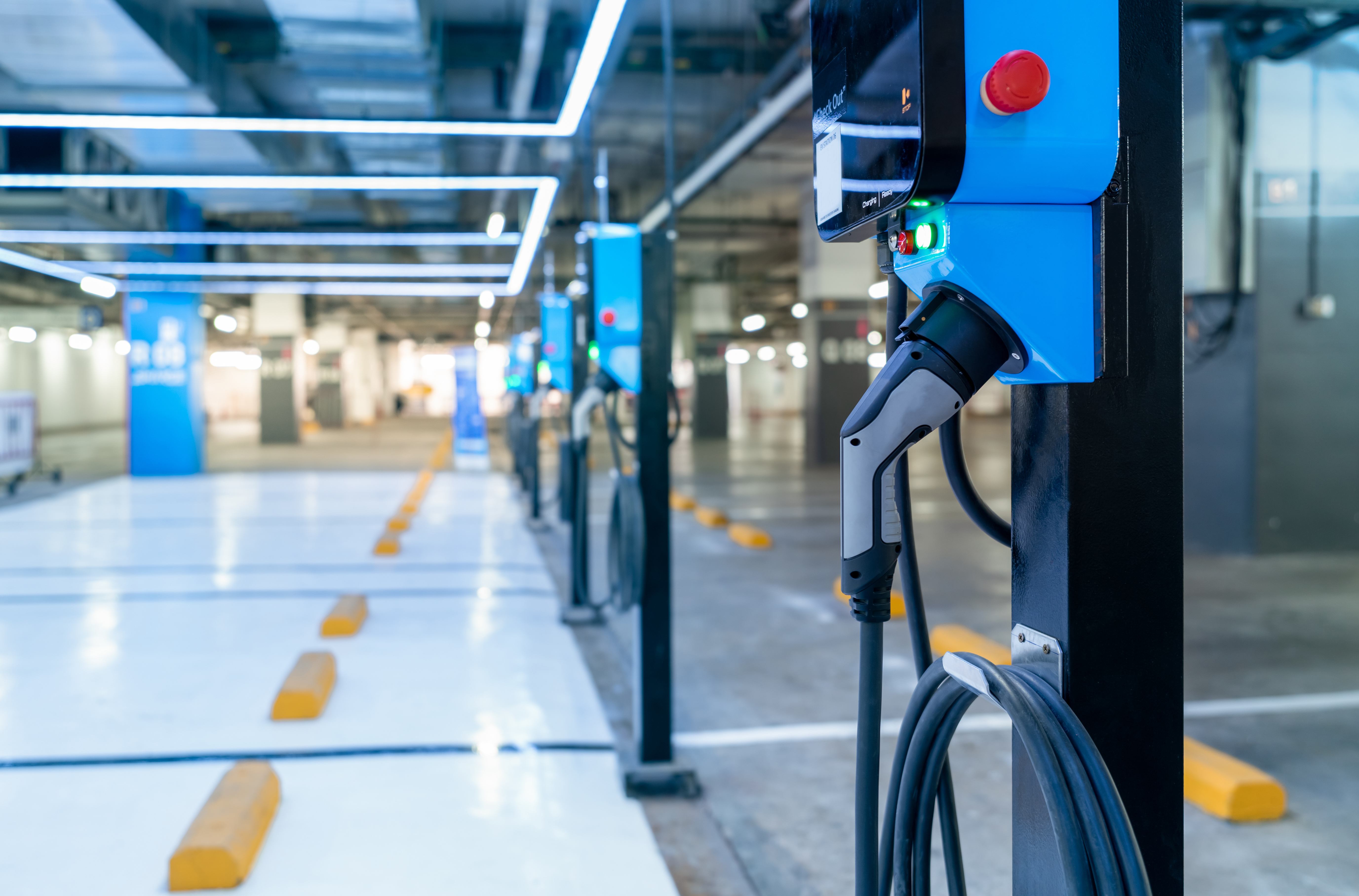
Quino Energy, a company developing water-based flow batteries, and Long Hill Energy Partners, a California-based clean energy developer, have been awarded $10M in grant funding through the California Energy Commission (CEC) Energy Research and Development Division’s Electric Program Investment Charge Program (EPIC). The funding will support a proposed 8 MWh flow battery energy storage project at the High Desert Regional Health Center (HDRHC) in Lancaster, CA.
This project will be the first U.S. commercial deployment of Quino Energy’s proprietary organic flow battery technology and will demonstrate its viability in large-scale, long-duration storage in an application serving critical infrastructure. It falls within Project Group 2, which focuses on funding multiple use-case demonstrations for energy storage value stacking.
Quino Energy and Long Hill Energy Partners will jointly develop this proposed project, with Quino leading technology development, integration, and testing and Long Hill serving as lead for project development, permitting and program management and reporting. The demonstration will be conducted in partnership with Los Angeles County, where the site is located, and the Clean Coalition Group, a community-based non profit specializing in the development and testing of clean energy microgrids.
Once operational, Quino Energy’s organic flow battery is expected to provide critical energy resiliency and back-up power capacity for up to 100% of HDRHC’s energy demand during peak and off-peak hours while maximizing safety due to the system’s completely non-flammable nature. Additionally, Quino’s flow battery will enable the HDRHC to save over $10 million in electricity costs over the flow battery’s estimated 20-year operating life. Further, the installation of an on-site flow battery will allow Los Angeles County to expand an existing solar carport installed at this site, dramatically increasing the percentage of clean and renewable solar power generated and consumed by the HDRHC and further reducing electricity costs.
“Quino Energy is grateful to the CEC for its support to demonstrate the potential of scalable, reliable organic flow batteries in our home state of California,” said Eugene Beh, CEO of Quino Energy. “Our technology started as an invention at a lab at Harvard and has rapidly grown in scale by leveraging mature flow battery systems that have been proven over decades with vanadium electrolyte. Our low-cost, non-flammable, and Made in USA organic electrolyte in place of vanadium will allow flow batteries to dramatically come down in cost to be a serious alternative to lithium-ion batteries. We are very excited to work with Long Hill Energy Partners, Los Angeles County, the High Desert Regional Health Center, and the Clean Coalition to showcase our technology in a real-world setting.”
“Long Hill is excited to partner with the CEC to scale-up and demonstrate Quino Energy’s innovative flow battery solution for LA County’s High Desert Regional Health Center,” said Ed Chiao, Managing Director of Long Hill Energy Partners. “The Clean Coalition Group, a Southern California-based non-profit energy consultancy, will lead community engagement and provide expertise in Microgrid design and implementation. Once installed, the flow battery will provide critical energy resiliency and is also projected to save up to $10 million in energy costs for LA County’s hospital.”
“We are very pleased that Quino Energy and Long Hill Energy Partners have been awarded $10 million by the CEC,” added Masahiro Sameshima, General Partner at ANRI, a venture capital firm based in Tokyo and one of Quino Energy’s investors. “We believe this recognition reflects the high evaluation of their innovative flow battery technology and its great potential. We look forward to seeing them accelerate their R&D with this funding and contribute to the realization of a decarbonized society.”
Project permitting is anticipated to begin in Q3 2025; the project is expected to break ground in the Fall of 2026, with the flow battery system coming online in early 2027.
Quino Energy has previously received funding through the U.S. Department of Energy (DOE)’s Advanced Materials and Manufacturing Technologies Office (AMMTO) to support the development of its flow battery material production line as well as to demonstrate their innovative aqueous organic quinone redox flow battery (QRFB) technology in carbon steel tanks.
Quino Energy | quinoenergy.com
Long Hill Energy Partners | https://longhillenergy.com/

EV Connect, a leading EV charging business platform, and Presto, a leading roaming platform for electric vehicle (EV) fleets on the go, announced a new collaboration that enhances charging network infrastructure and expands accessibility for EV fleet drivers. Fleet operators will benefit from the Presto app's comprehensive platform, which allows their EV drivers to quickly locate, charge, and pay at more than 16,000 EV Connect connectors, delivering a more convenient and reliable fast-charging experience at more charging stations.
The collaboration empowers charging network operators on the EV Connect platform with strategic pricing flexibility, enabling those charging providers to increase visibility and charging session demand from fleet vehicle operators and to maximize site utilization dynamically. Leveraging Presto's extensive relationships with various fleet market segments—including rental car, ride-hailing, e-commerce, and food-delivery services—the collaboration provides a streamlined solution for charging networks to increase fleet engagement and charging sessions.
“Charging networks on the EV Connect platform can now attract even more fleet charging demand through this collaboration with Presto,” said Bassem Ammouri, chief operating officer at EV Connect. “With successfully completed charging sessions as a key focus, the next logical step is to help our customers increase their ROI by growing the number of charging sessions per station. That is exactly what this collaboration can do for our site and network operators, showing once again that EV Connect is the premier charging business platform, capable of building third-party business models on top of highly reliable charging.”
Presto simplifies charging by enabling fleet drivers to seamlessly find, charge, and pay across thousands of charging stations operated by Presto’s charging partners through one easy-to-use app or API. Presto helps onboard more fleet charging demand for its charging partners, grow charger utilization, and improve charging economics.
“We’re excited for fleets using Presto to access charging across the 16,000 EV Connect charging connectors nationwide and to work with EV Connect site hosts on optimizing the demand they can get from fleets,” said JJ Raynor, CFO & Co-Founder of Presto.
EV Connect equips charging networks with a comprehensive suite of tools to build and scale EV charging services that meet the needs of site hosts, fleet drivers, and network operators. From enabling flexible pricing strategies to supporting remote management, hardware choice, and driver engagement, the EV Connect platform helps partners improve performance, increase charging sessions, and deliver a reliable charging experience across locations.
To learn how this collaboration can help grow fleet utilization at your sites, contact your EV Connect representative or reach out to Presto at [email protected].
EV Connect | www.evconnect.com
Presto | www.prestocharging.com
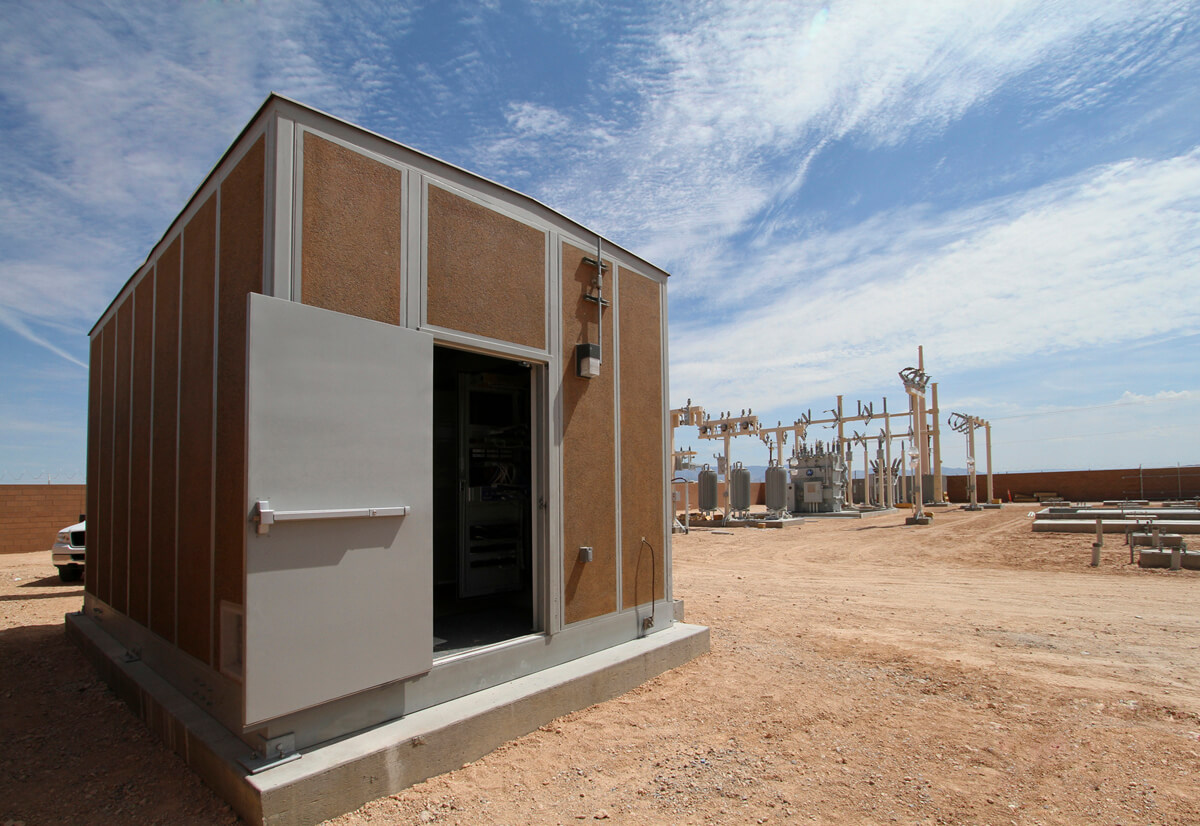
Wallbox N.V. (NYSE: WBX), a global leader in electric vehicle (EV) charging and energy management solutions, and Francis Energy, a key player in the development of EV charging infrastructure in the U.S., announced a partnership to deploy fast charging solutions across the country.
As part of the collaboration, Wallbox will offer its newly CTEP-certified Supernova fast chargers, designed to meet the growing need for high-performance charging stations in fast-expanding EV areas across the country. Engineered for high power output, Supernova is designed to meet the increasing demand for fast, reliable charging in both urban and corridor locations.
Francis Energy’s expertise in charging infrastructure and experience with fast charging networks is a key part of the success of this partnership. With a proven track record in deploying robust, high-performing charging stations, Francis Energy’s commitment to exceptional uptime guarantees that both consumers and businesses can rely on a highly dependable and efficient charging network.
“With demand for EV infrastructure rising across the U.S., this partnership allows us to deliver fast charging solutions tailored to the needs of key regions,” said Douglas Alfaro, Chief Business Development Officer. “Together with Francis Energy, we’re delivering fast, scalable charging that integrates smoothly into existing grid systems and supports long-term electrification goals.”
Wallbox and Francis Energy will both be present at the upcoming ACT Expo in Southern California, one of the leading industry events focused on advanced transportation technologies. Wallbox will showcase its Supernova chargers to public and private sector stakeholders committed to accelerating EV adoption and infrastructure development.
“We are thrilled to partner with Wallbox and excited to collaborate on meeting growing demand,” said Seth Christ, Chief Strategy Officer at Francis Energy. “The market is showing incredible enthusiasm for reliable charging and fast charging infrastructure, and together with Wallbox, we are proud to be at the forefront of shaping that future.”
Through this partnership, Wallbox and Francis Energy are not only providing fast, scalable solutions but are also working to shape the future of EV infrastructure, ensuring that the U.S. is ready to support the rapidly accelerating shift to electric mobility.
Wallbox | www.wallbox.com

Stellantis N.V. and Factorial Energy announced the successful validation of Factorial’s automotive-sized FEST (Factorial Electrolyte System Technology) solid-state battery cells. This achievement marks a significant step forward on the path to bringing next-generation electric vehicle (EV) batteries to market.
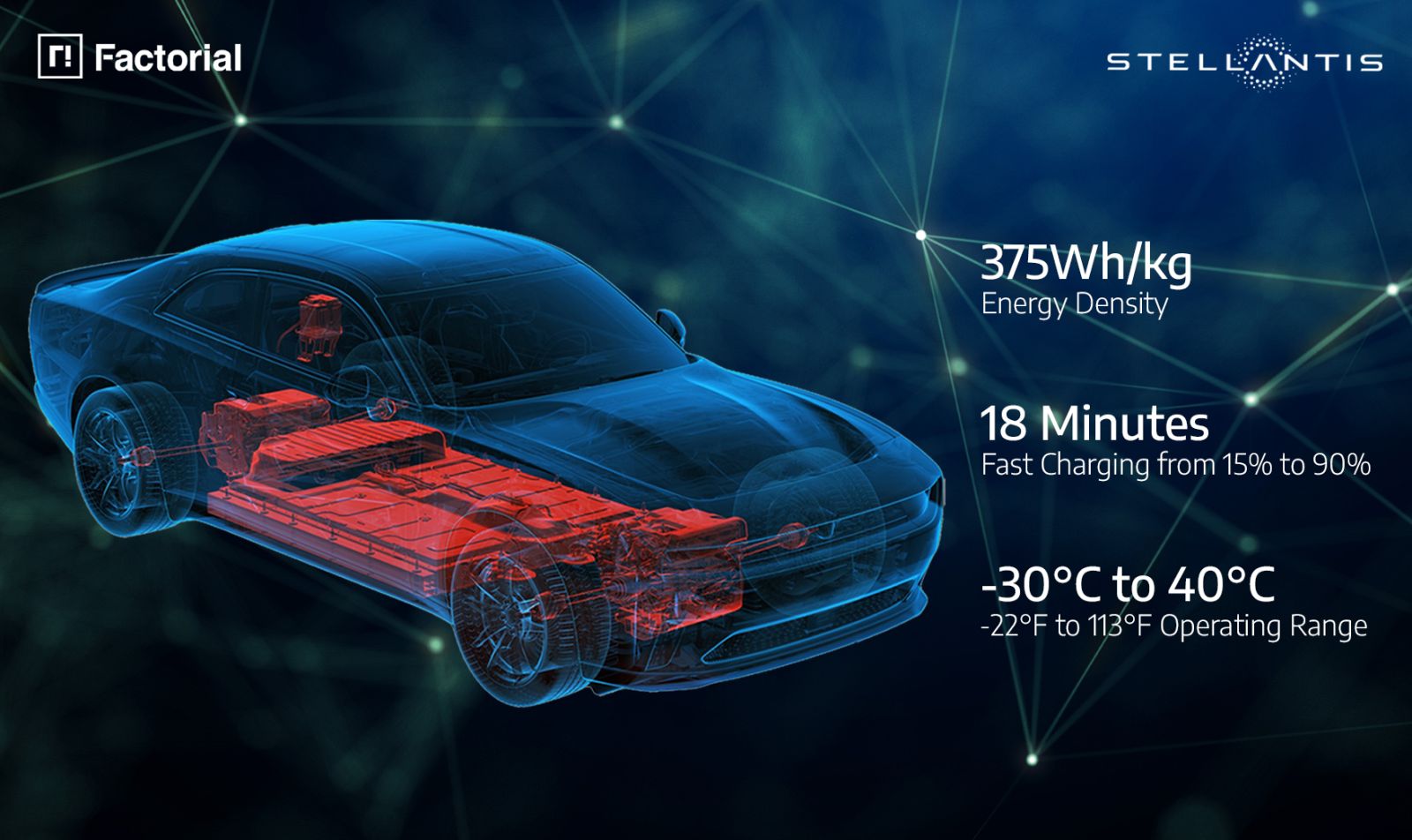
"Reaching this level of performance reflects the strengths of our collaboration with Factorial," said Ned Curic, Stellantis Chief Engineering and Technology Officer. "This breakthrough puts us at the forefront of the solid-state revolution, but we are not stopping there. We continue working together to push the boundaries and deliver even more advanced solutions, bringing us closer to lighter, more efficient batteries that reduce costs for our customers."
Unlike conventional lithium-ion batteries, solid-state batteries offer higher energy density and faster charging. The validated 77Ah FEST cells demonstrated an energy density of 375Wh/kg with over 600 cycles progressing towards automotive qualification, a milestone for large-format lithium-metal solid-state battery. The cells enable a significant reduction in charging time, from 15% to over 90% charge in just 18 minutes at room temperature. Additionally, the cells deliver high power output with discharge rates up to 4C, supporting greater performance demands in electric vehicles.
Factorial’s scientific engineering and AI-driven tools developed the latest electrolyte formulation that allows the battery to perform in temperatures ranging from -30°C to 45°C (-22°F to 113°F). This surpasses previous solid-state limitations and opens the possibility for better performances across various climates.
"Battery development is about compromise. While optimizing one feature is simple, balancing high energy density, cycle life, fast charging, and safety in an automotive-sized battery with OEM validation is a breakthrough," said Siyu Huang, CEO of Factorial Energy. "This achievement with Stellantis is bringing next-generation battery technology from research to reality."
By closely collaborating on pack design and leveraging this disruptive technology, Stellantis and Factorial are optimizing battery pack architecture to reduce weight and improve overall system efficiency for seamless integration. These weight savings directly enhance vehicle range and support more sustainable and affordable EV solutions.
Building on Stellantis’ $75 million investment in Factorial Energy in 2021, this milestone strengthens the strategic collaboration between the two companies. With this achievement, Stellantis will advance its previously announced plan to integrate Factorial's solid-state batteries into a demonstration fleet by 2026. This demonstration fleet represents the next step toward commercializing this promising technology, enabling further validation of Factorial’s solid-state batteries and assessment of performance in real-world driving conditions.
Stellantis N.V. | www.stellantis.com
Factorial Energy | www.factorialenergy.com
Alternative Energies Mar 31, 2025
Green buildings are transforming the way we design, construct and operate structures by focusing on energy efficiency, environmental responsibility and occupant well-being. As technology evolves, innovations like organic printed semiconductor systems....
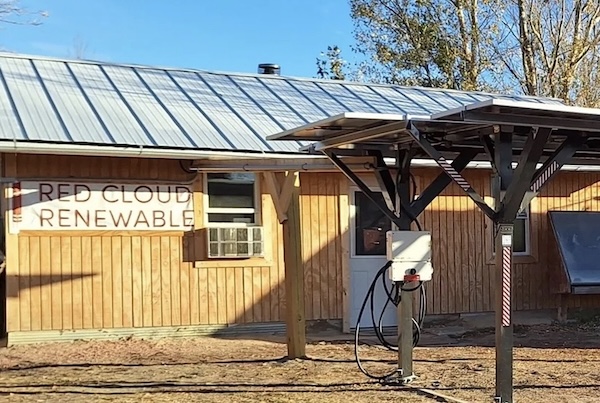
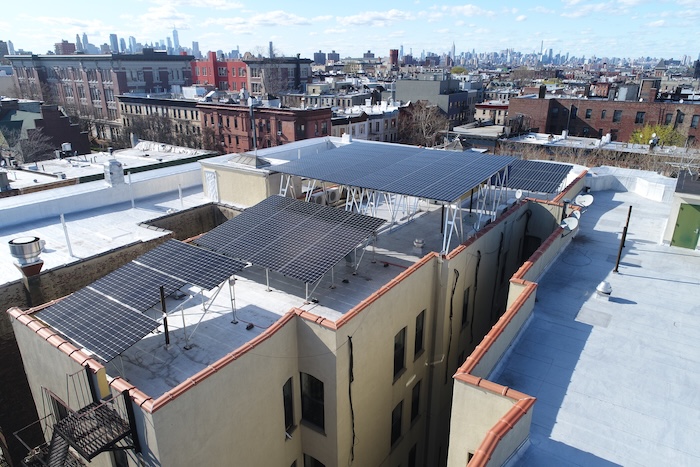
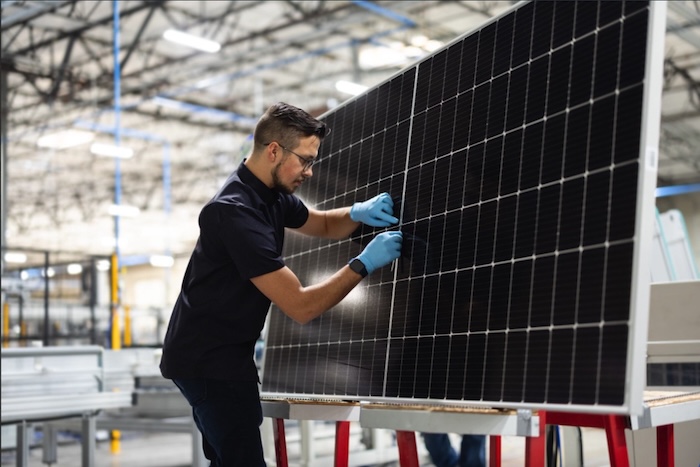
A historic milestone in renewable energy deployment has been reached in the United States, and it all started with the vision and leadership of Chief Henry Red Cloud at the Red Cloud Renewable Energy Center (RCR) in Pine Ridge, South Dakota....
Given the Trump administration’s past approach to renewable energy, solar developers and installers nationwide are bracing themselves for another period of lack of support for renewables. But the success of the Inflation Reduction Act’s (IRA) ....
The global solar industry has experienced substantial growth and maturation over the past decade. As a result, we now have easy access to high-efficiency solar panels equipped with extended warranties of 25 years or more. Considering that we rarely e....
Renewable energy sources such as wind an....
As wind energy continues to expand its r....
As the renewable energy sector continues....
Significant advancements in battery technology—including lithium-ion, solid-state, and other emerging technologies have occurred in recent years as was recently acknowledged by institutions such as the International Energy Agency and BloombergNEF([....
The move toward green, clean, sustainable energy will require a massive investment in research and development (R&D) to develop the innovations that will accelerate the modernization of North America’s electrical grids. Advancements in Battery ....
With the increase of electric vehicles on the road, there is growing demand for EV chargers. Drivers are left with a few different options: they can use a public charger, they can charge at work if they are lucky enough to have that option, or they c....
Green buildings are transforming the way we design, construct and operate structures by focusing on energy efficiency, environmental responsibility and occupant well-being. As technology evolves, innovations like organic printed semiconductor systems....
For fuel cell-powered transportation, the future hinges on investment in six key areas As a transportation mode that uses the universe’s most abundant element, one that’s renewable and yields zero tailpipe emissions other than water, hydrogen-....
As the global energy transition marches on, hydrogen remains a promising energy carrier for a decarbonized system. Demand for clean hydrogen is expected to increase two to four times by 2050, facilitating the shift to a carbon neutral grid and cleane....